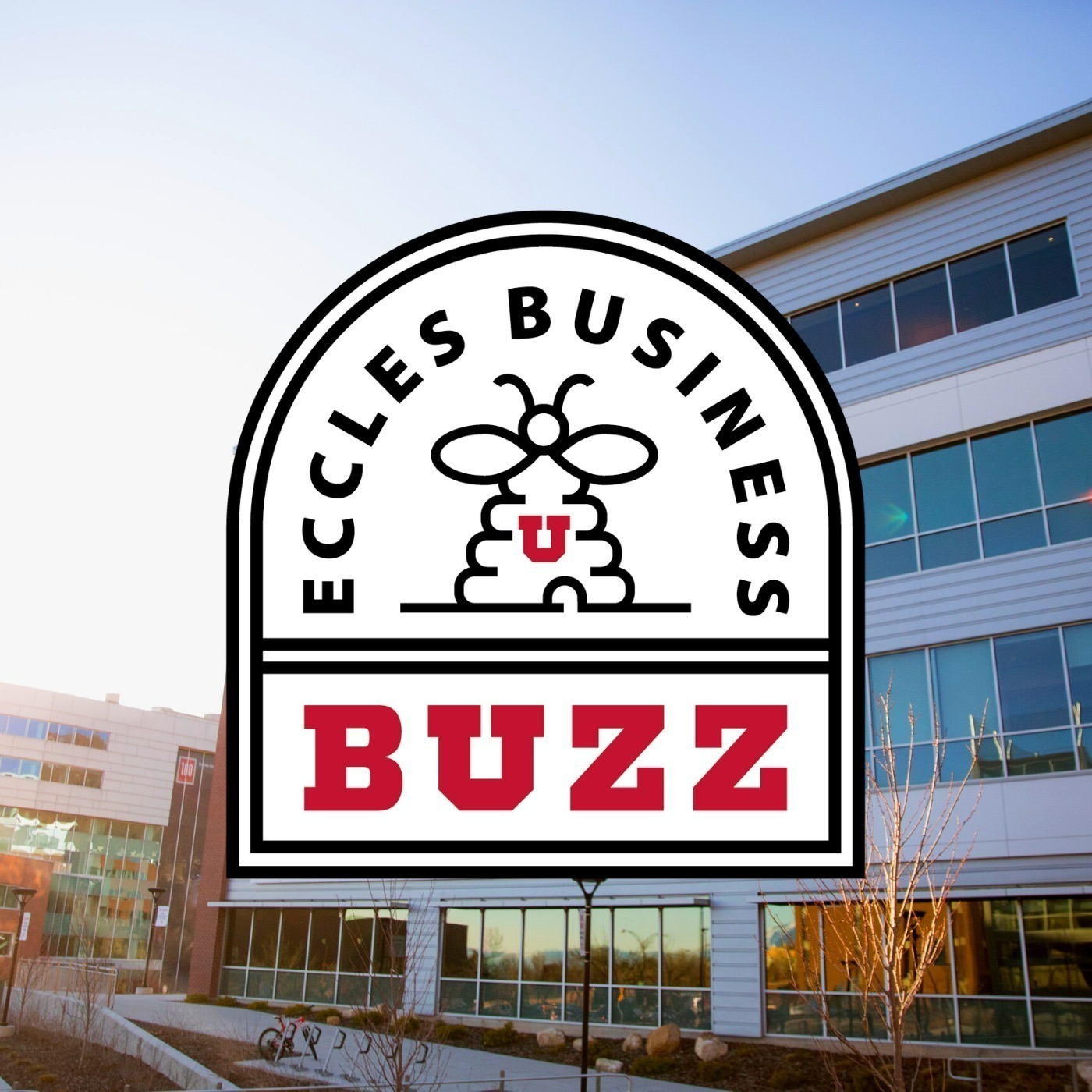S5E4: Fostering a Sense of Belonging at Work feat. Michelle Smith and Jennifer Robinson
30m | Oct 19, 2023As we continue our season focusing on women in the workplace, today we want to examine some of the cultural and policy frameworks at play that put Utah so far down the national rankings when it comes to women’s equality and workplace experience. In a recent study published by Wallet Hub, Utah ranked as the worst state for women’s equality and was ranked 49th in workplace environment for women. So, what is going on, and how can we all work to make it better?
Here to help us understand the landscape for professional women in Utah and beyond are Michelle Smith and Jennifer Robinson. Michelle is the Chief People Officer for The Larry H. Miller Company and interim president for LHM Sports + Entertainment, and Jennifer is the Chief of Staff at the Kem C. Gardner Policy Institute and oversees the institute’s communications, human resources, and finances.
Listen as these women join host Frances Johnson to talk about their experiences as women in the Utah workforce, how company cultures can perpetuate these challenges, fostering a sense of belonging in your company’s culture and learning to speak up when we need help or flexibility at work.
Eccles Business Buzz is a production of the David Eccles School of Business and is produced by University FM.
Episode Quotes:
On creating workplaces that value diversity, work-life integration, and child care
24:22: [Jennifer Robinson]: 23% of our population is a racial and ethnic minority. And that's just projected to continue to increase. We want to continue to create workplaces that create a culture of belonging for the workers. And we absolutely have to do that with the type of migration we're having and those population changes, those demographic changes that we're experiencing.The second thing is I want to keep the cultures growing in our businesses, governments, and nonprofits that value that integration of work and home life. It's very important, and we see how that changed, that pivoted during the pandemic. And that relates to flexibility in the workplace—flexible work hours, flexible work locations, those kinds of things. And then the last thing that's on my mind is really a concern for child care and the availability, affordability, and quality of child care in our communities. And I would love to see our business community lead out on this issue.
The importance of creating a culture of belonging
15:37: [Michelle Smith] If you're running out to a doctor's appointment with your aging parent, or if you're running out to a middle school volleyball game that starts at 3:15 in the afternoon, which is not convenient in any way, shape, or form but you can't have that again, right? You can't create those memories again. Then people understand that I'm not trying to be lazy or don't care about my job. I'm trying to integrate my life into the priority that I have and the commitment I have to my job to the people that I work with, and to the responsibilities that I have. And so it's so powerful when you can just have conversations, know who people are, and create a culture of belonging.
Coping with change: A skill that benefits all areas of life
22:58: [Jennifer Robinson] To be able to have the muscle to cope through change could be such a differentiator on how they enjoy work and the things they're able to accomplish. And I would say home or community, family, friends, or their other spaces in their lives. That is a skill set that absolutely translates.
Fostering supportive work cultures for all
12:38: [Jennifer Robinson] I would encourage any office to try to create a culture that does something at the individual level to help their employees, whether it's dealing with coming back from maternity leave or while their kids are in school, and you're trying to make sure you're doing all those things you want to do, like see your kids performances or get to your daughter's high school soccer game or as we have aging parents, a lot of us are stuck in what we call the "sandwich generation," where we have children at home and parents who are aging that need a lot of help. And those are not unique to women. I think they apply to men as well. And I would just love to see our culture changed to continue to allow more flexibility for working families individuals, whether they have children or not. But it turns out that the ability to be a user of language presupposes that you're also able to reflect on language.
Show Links:
